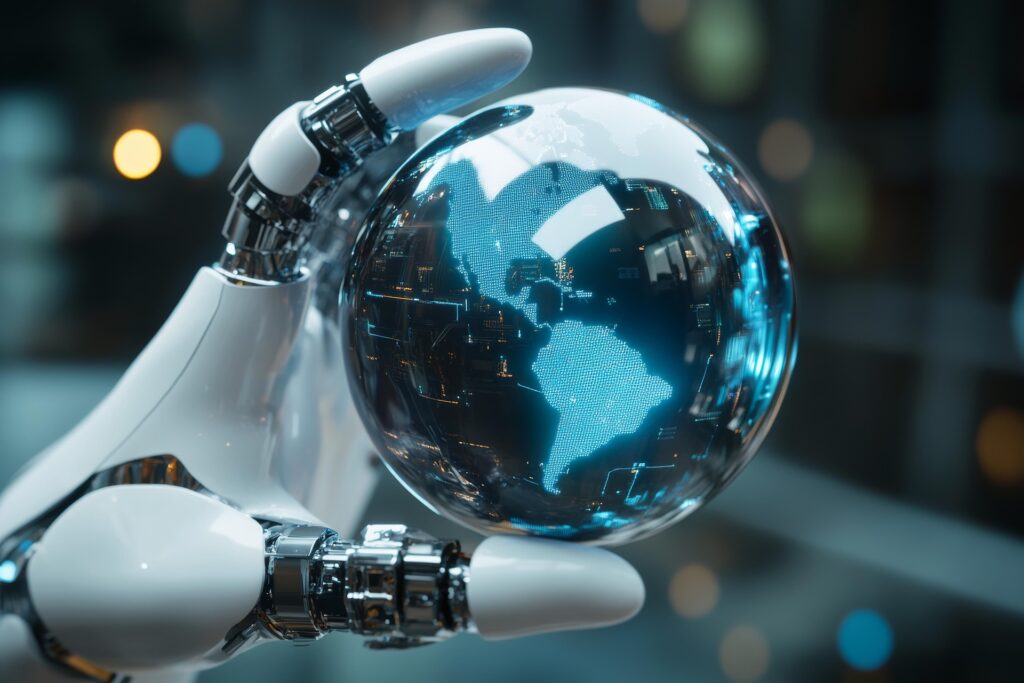The Advantages of Artificial Intelligence
Artificial Intelligence (AI) has become one of the most transformative technologies of the 21st century. From automating routine tasks to making complex predictions, AI is reshaping industries and daily life. While discussions around AI often highlight concerns, its advantages are equally profound and far-reaching.
1. Automation of Repetitive Tasks
One of the most immediate benefits of AI is its ability to automate repetitive, time-consuming tasks. Industries like manufacturing, logistics, and customer support use AI to streamline workflows, reduce human error, and increase efficiency. This allows workers to focus on creative and strategic responsibilities rather than routine activities.
2. Enhanced Decision-Making
AI systems can process vast amounts of data faster than humans ever could. By analyzing patterns and trends, AI supports better decision-making in areas like finance, healthcare, marketing, and supply chain management. Predictive analytics powered by AI helps businesses anticipate challenges and make data-driven choices.

3. Improved Healthcare Outcomes
AI is revolutionizing healthcare by enabling early disease detection, drug discovery, and personalized treatment plans. Machine learning models can analyze medical scans with incredible accuracy, often identifying issues that human eyes might miss. Virtual health assistants and AI-driven diagnostic tools also make healthcare more accessible and efficient.
4. Increased Productivity and Efficiency
AI boosts productivity across industries by optimizing processes. In agriculture, AI-powered systems predict crop yields and monitor soil conditions. In energy, smart grids adjust supply based on real-time demand. These advancements not only save time but also reduce costs, helping economies grow more sustainably.
5. Personalized Experiences
From streaming services to e-commerce platforms, AI provides highly personalized recommendations. By understanding user behavior and preferences, AI enhances customer satisfaction and engagement. This personalization extends to education, where AI-driven platforms tailor learning paths to individual students’ needs.
6. Enhanced Safety and Risk Management
AI is used in critical areas like transportation, cybersecurity, and workplace safety. Self-driving cars aim to reduce accidents caused by human error. AI-powered fraud detection systems monitor financial transactions in real time, preventing billions in losses. In hazardous industries, robots and AI tools minimize human exposure to dangerous conditions.
7. Innovation and New Opportunities
Perhaps one of the most exciting advantages of AI is its role in driving innovation. AI fuels advancements in robotics, renewable energy, space exploration, and smart cities. It opens opportunities for entirely new industries and business models, creating jobs that did not exist a decade ago.
Conclusion
Artificial Intelligence is not just a technological upgrade—it is a powerful tool that is transforming how humans work, live, and interact with the world. From improving efficiency and safety to driving innovation and enhancing healthcare, the advantages of AI are vast. While challenges such as ethics and regulation remain, the potential of AI to create positive change is undeniable.

